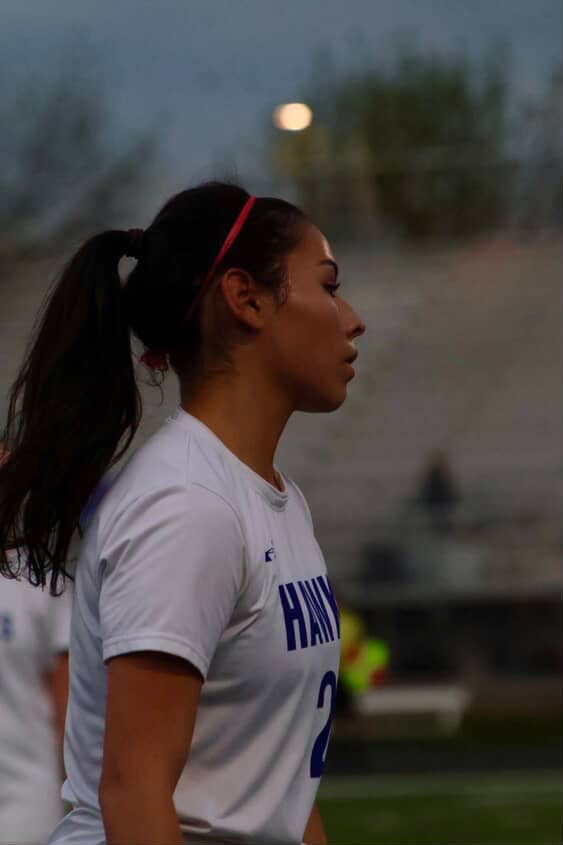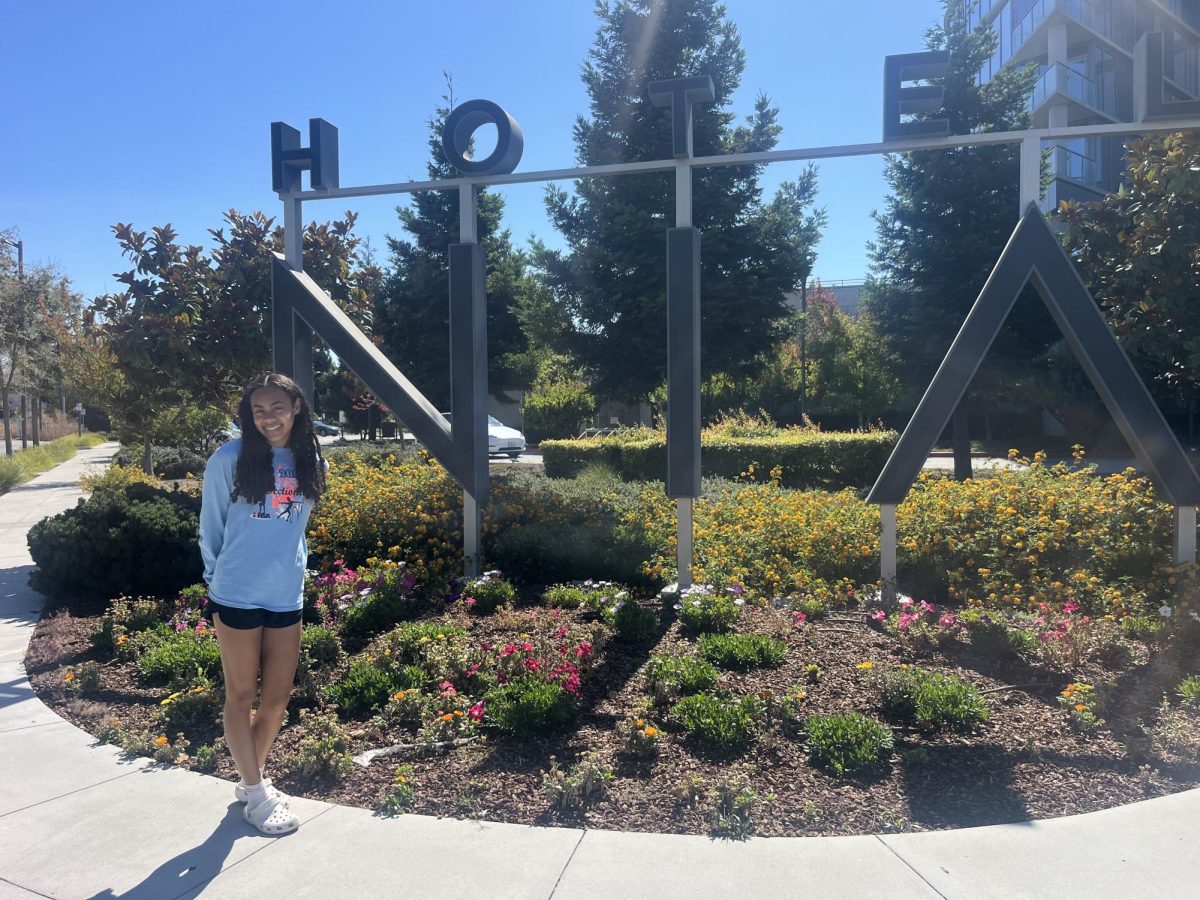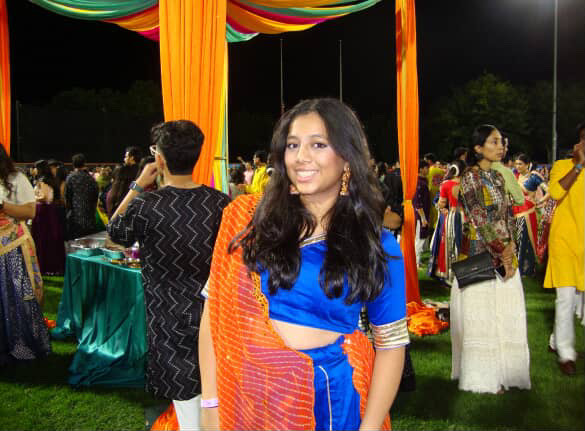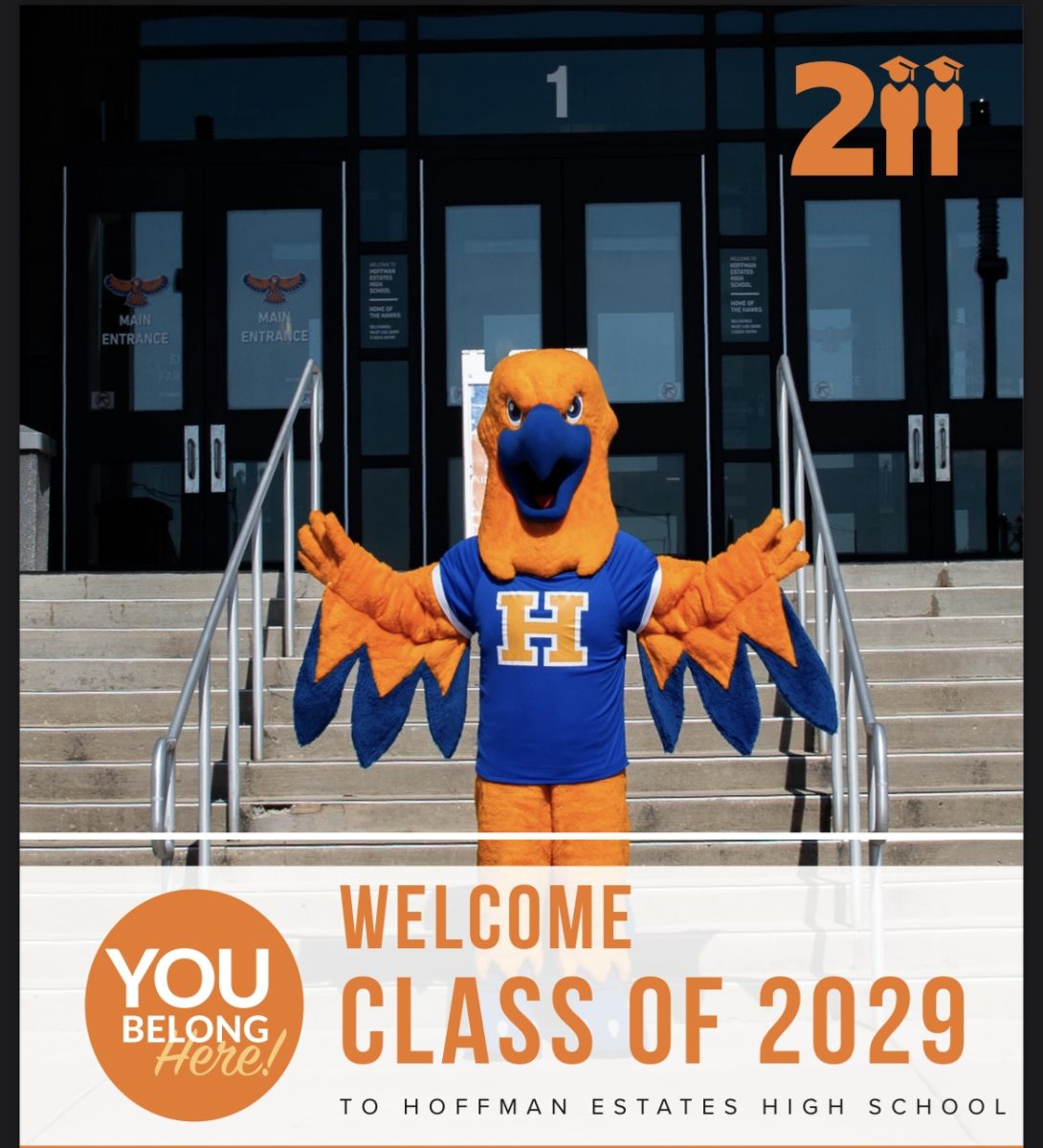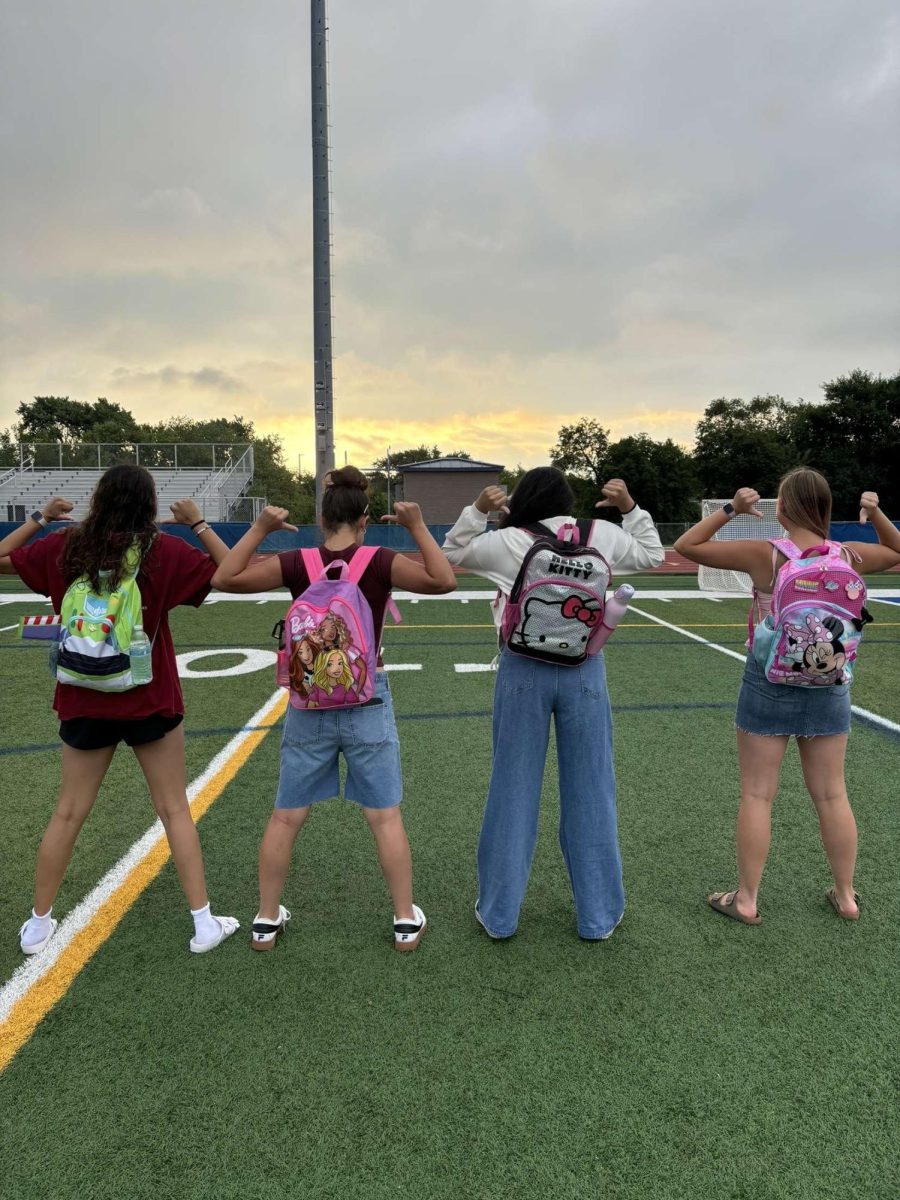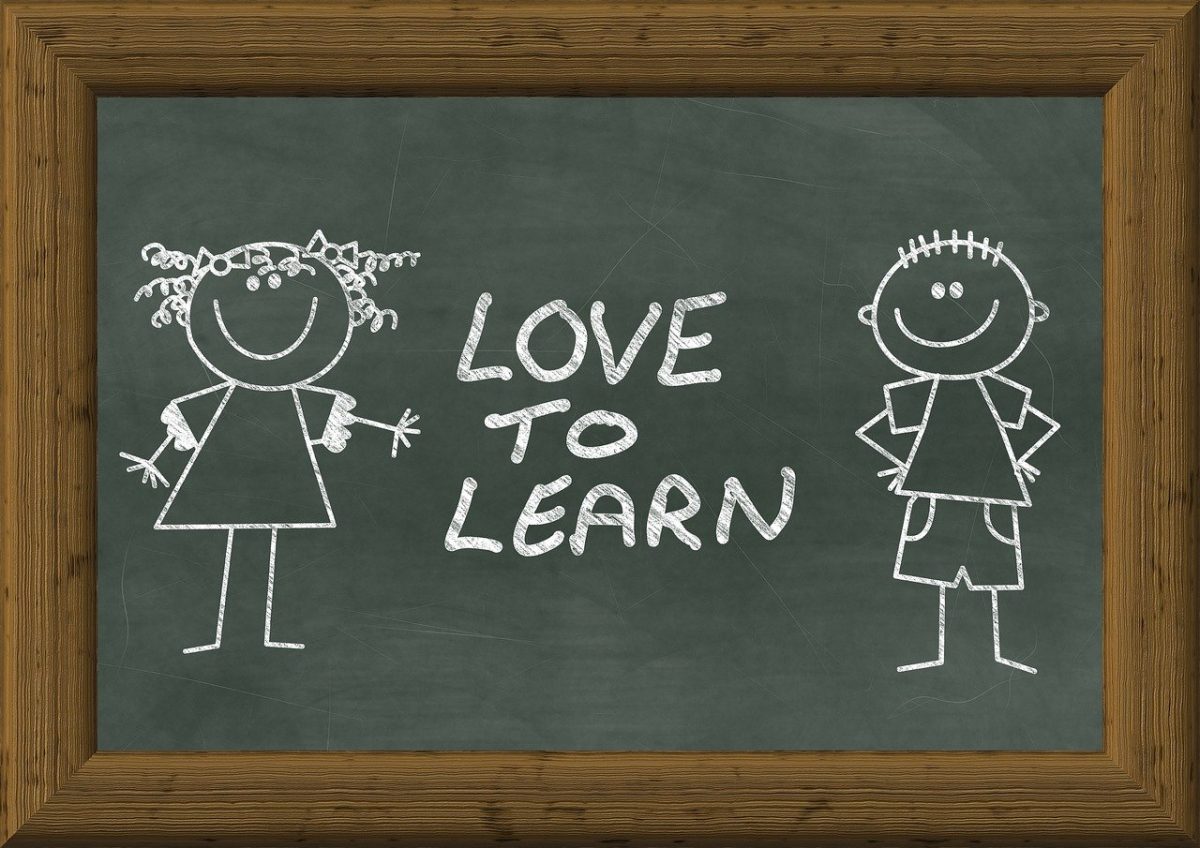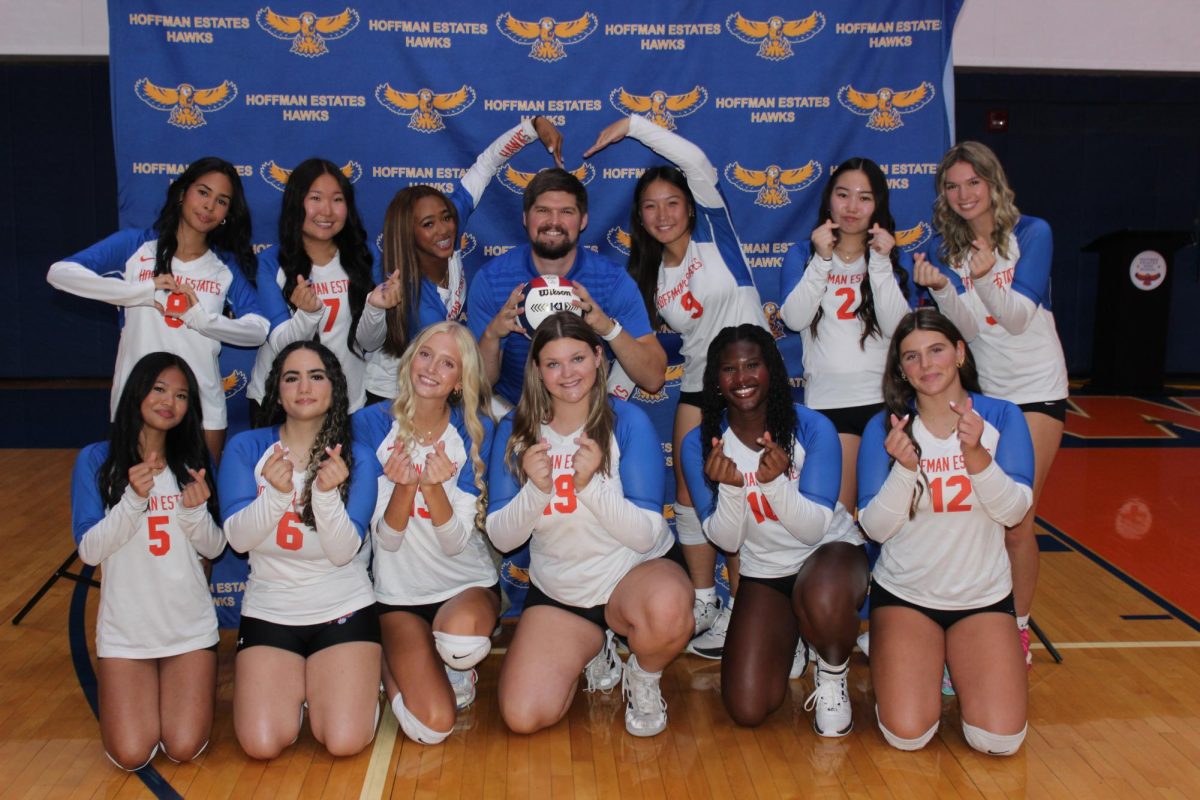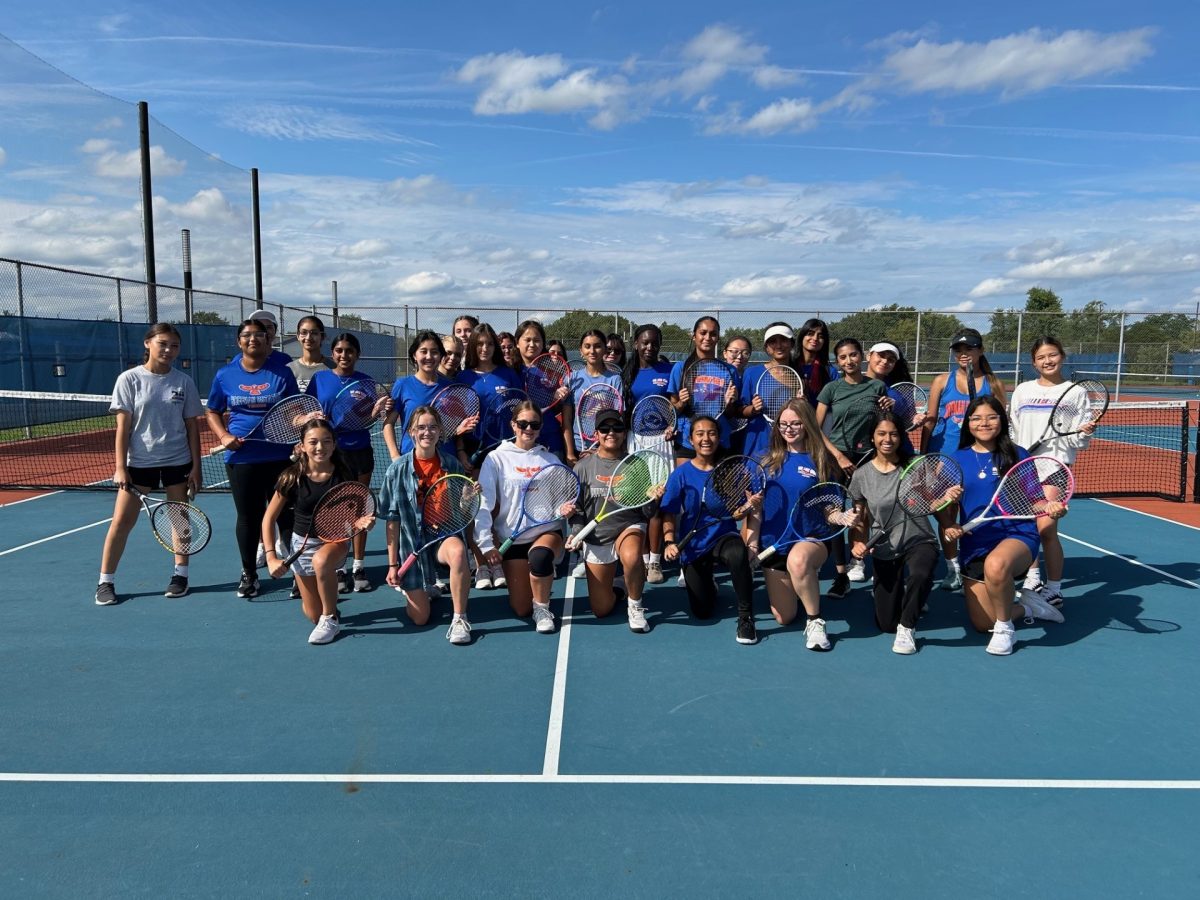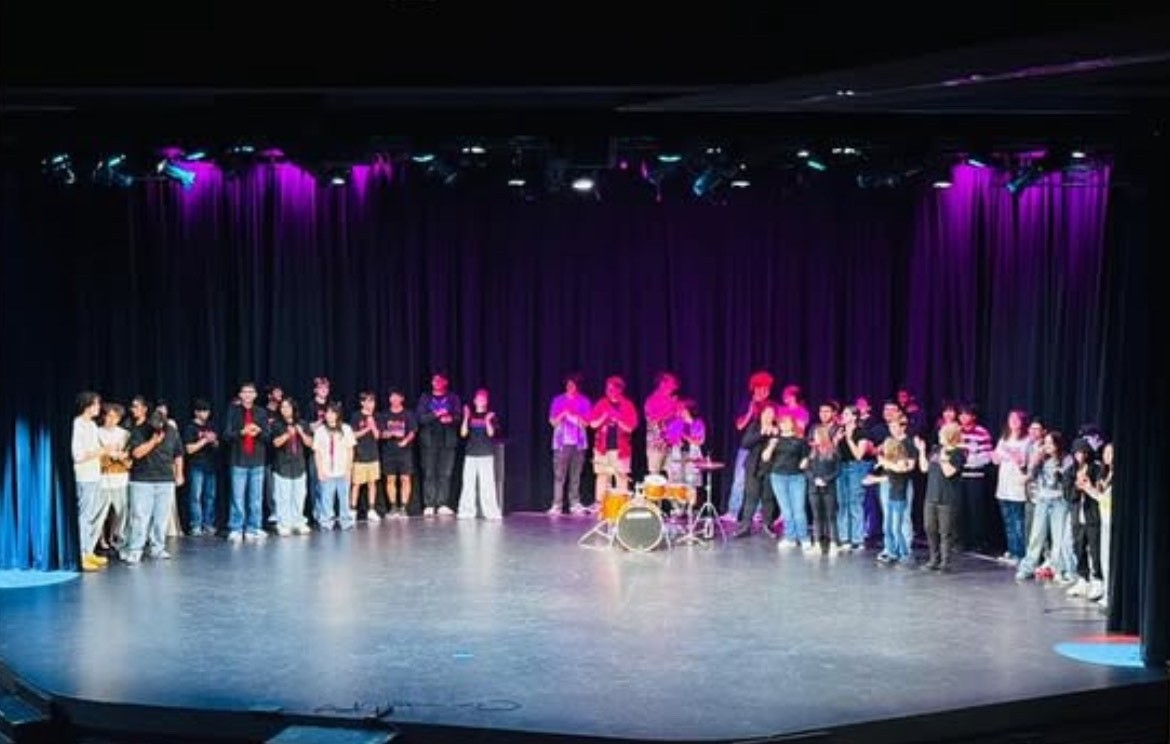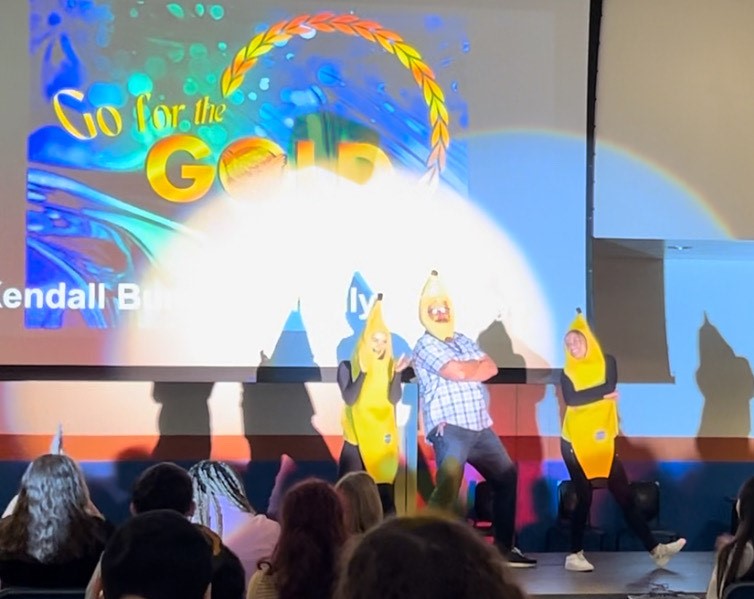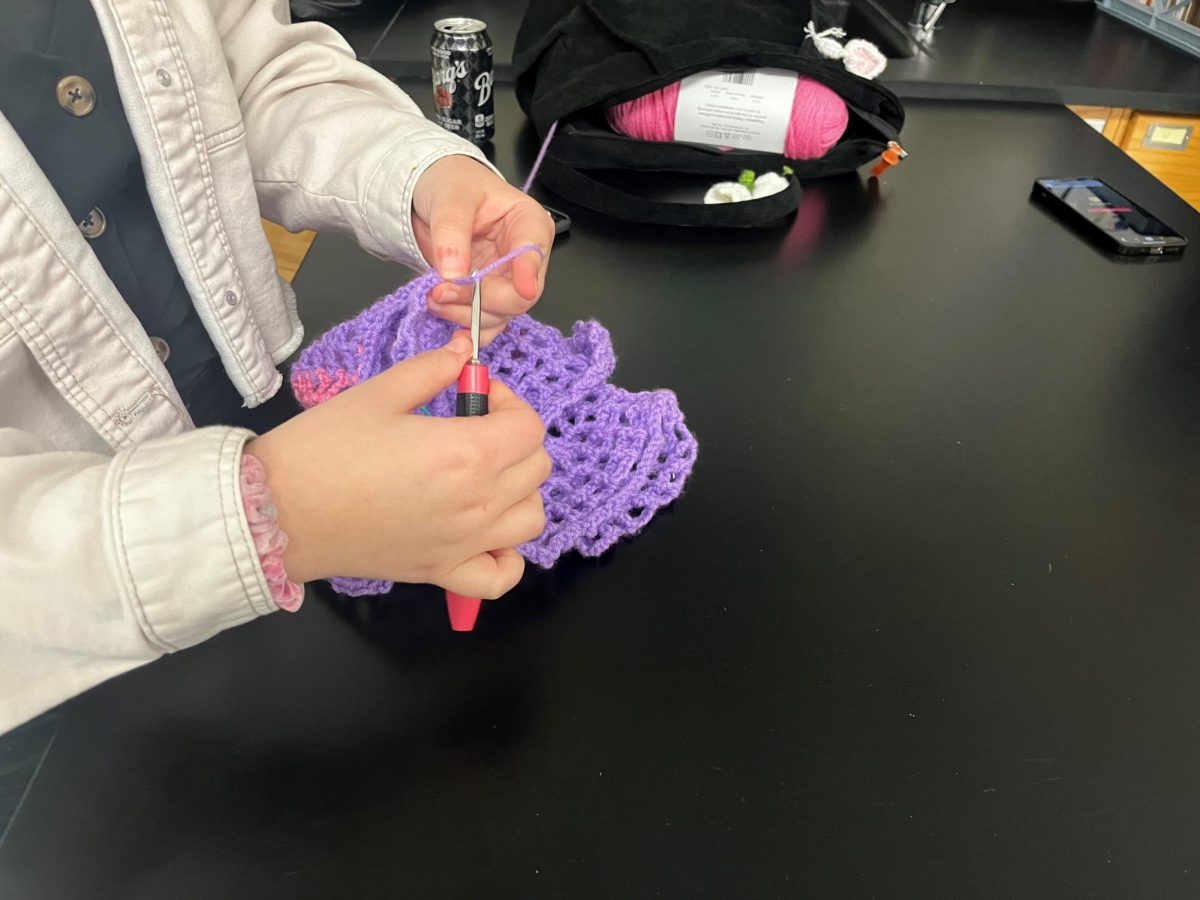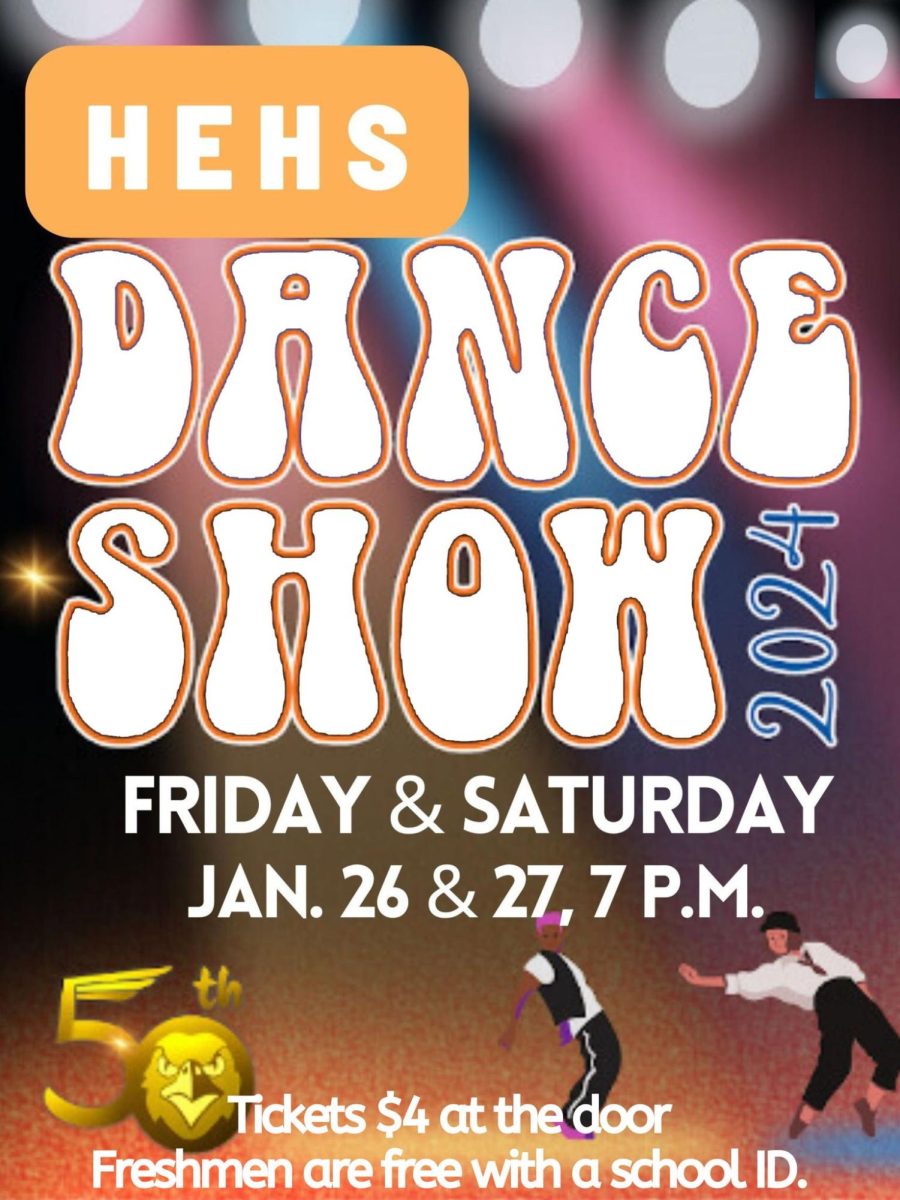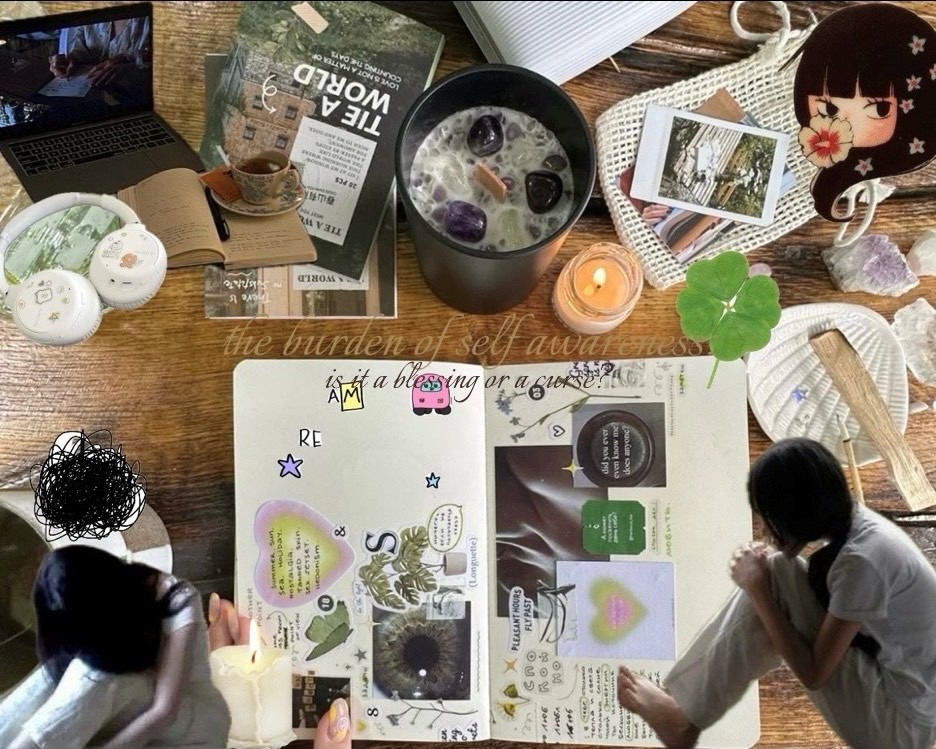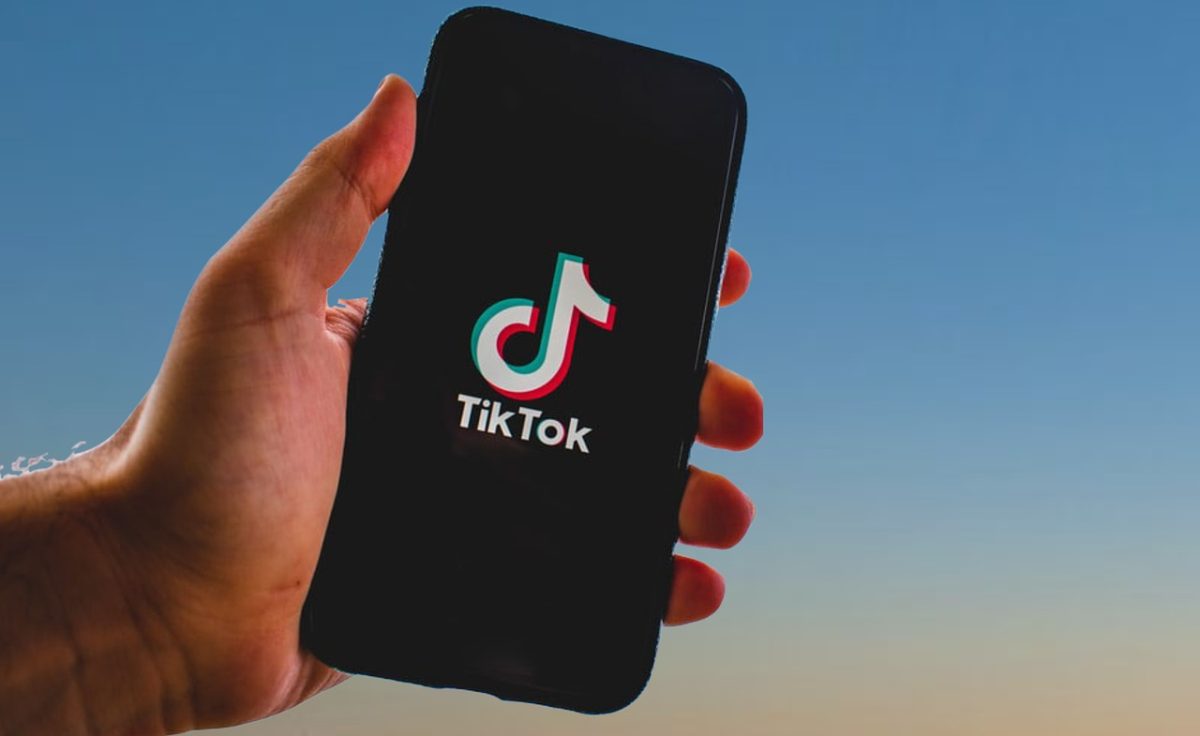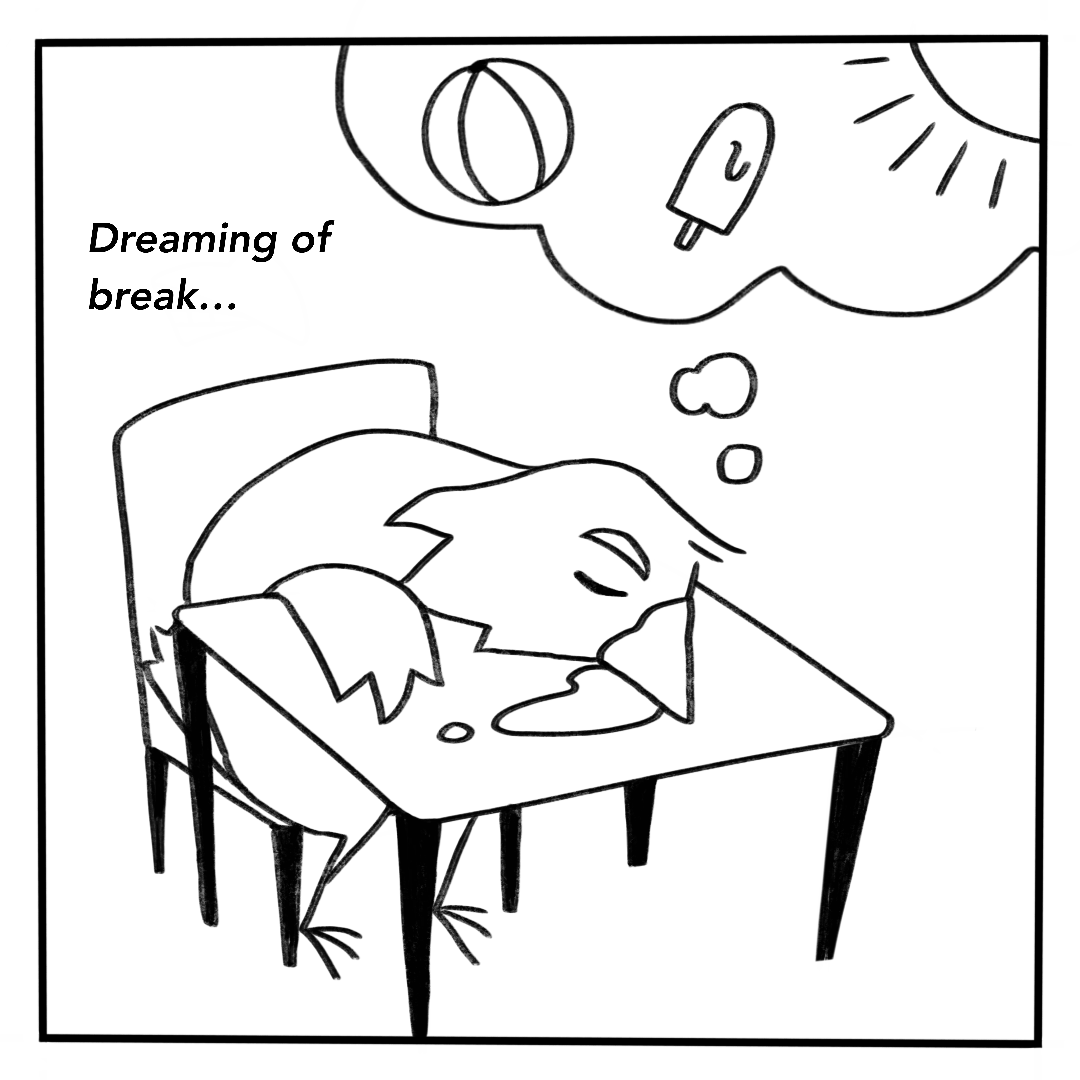Recently, the hallways of Hoffman Estates High School have been buzzing with a new language, a language made of TikTok terms that have gone viral in more than the digital sense. These vocabulary words, while going unnoticed as being products of social media have swiftly integrated into daily conversations, reflecting the influence of social media on this generation.
In the current digital age we reside in, where new trends are discovered every day, and where algorithms determine thoughts and opinions on everyday life, it’s no surprise that verbal expression has become a victim of the rapid changes pushed by social media.
According to Business Insider, “70% of workers surveyed said they had noticed a change in the way people speak at work over the last five years with 71% believing that it’s because Gen Z is changing the formality of language in the workplace.” While this makes sense in a workplace setting, the effect of social media is much more prominent in a school hierarchy considering students outnumbering faculty.
As students continue to integrate social media within their lives, slang and vocab learned from apps and videos spread like wildfire person to person, and eventually classroom to classroom.
“Yes, I believe TikTok has significantly made its way into our vocabulary, I hear words like “period” and “ate” used daily, usually in a lighthearted manner that a majority of students understand. Personally, I catch myself saying little comments like “real” on a daily basis that I’m pretty sure I’ve heard from other people who probably got it from TikTok,” said Zoey Pak, sophomore.
As TikTok continues to shape our social interactions, its unique sayings have crept into everyday conversations, turning us all into unknowing trendsetters.
“For me, I start saying words due to other people saying them, it just kinds of sneaks into our vocabulary, I think eventually though, this type of slang will kind of take over our normal conversation, but I’m not surprised because social media has become so mainstream and it’s so global anyone can influence others to use a term word,” said Olivia Pelayo, sophomore.
In an educational perspective, thoughts on what a teacher thinks about this domino effect is just as relevant to the conservation as the new words being used by students.
“When I hear a new word, I just kind of assume it came from a form of social media,” said Jeff Mandel, social studies department. “Ultimately though, It causes students to need constant stimulus and it shortens attention span.”
Observations like these spark a new thought-provoking question: is this new language going to be all one we’re all forced to learn eventually or have students already learned without realizing?
While overall opinions on TikTok and social media as a whole vary from person to person, It’s important to be mindful of the words which we use in the context in which we use them. So let’s laugh together and embrace the fun of “slaying” on TikTok, but let’s also remember to save it for the right time and place, for example, maybe not an English essay.
